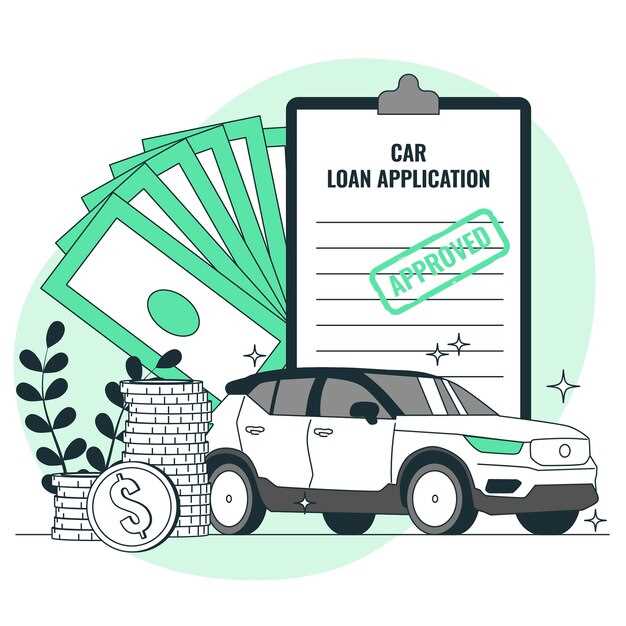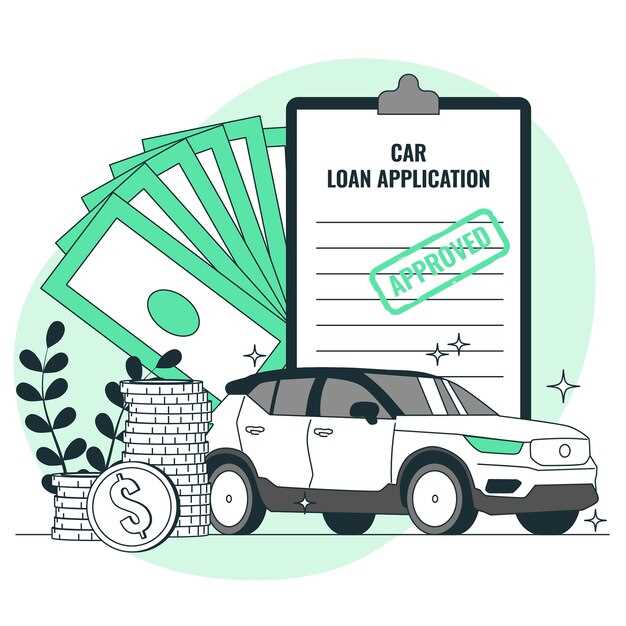
When considering the purchase of a used car, one of the most critical factors to understand is the concept of interest rates. The interest rate is the cost of borrowing money, expressed as a percentage of the loan amount. For individuals looking to finance their used car through a loan, this rate can significantly impact the overall cost of the vehicle and the monthly payments.
The rate you receive for a used car loan can vary widely based on several factors, including your credit score, the loan term, and the age of the vehicle. Lenders assess these factors to determine the level of risk associated with lending you money. A lower credit score typically results in a higher interest rate, which in turn increases the total amount you will pay over the life of the loan.
Understanding how interest rates work in the context of used car loans is essential for making informed financial decisions. By comparing rates from different lenders and exploring factors that influence your rate, you can position yourself to secure the best deal possible on your next car purchase.
How Credit Scores Impact Used Car Loan Interest Rates
Credit scores play a pivotal role in determining the interest rates for used car loans. Lenders utilize these scores as a measure of a borrower’s creditworthiness, reflecting their likelihood of repaying the loan. A higher credit score usually translates to lower interest rates, making financing more affordable.
Individuals with excellent credit scores often secure the most favorable rates, sometimes even below the average. This can lead to significant savings over the life of the loan. Conversely, borrowers with lower credit scores may face higher interest rates, increasing the overall cost of purchasing a used car.
Additionally, lenders consider various factors in conjunction with credit scores, such as income, debt-to-income ratio, and the age of credit history. Even minor differences in these parameters can affect the offered interest rate. It’s crucial for prospective buyers to assess their credit standing prior to applying for a loan to better understand the potential rates they may receive.
Furthermore, improving one’s credit score can be a strategic move if a purchase is on the horizon. Paying down outstanding debts, ensuring timely payments, and correcting any inaccuracies in credit reports are steps that can enhance credit scores and subsequently lower loan interest rates.
In summary, credit scores are a significant determinant of interest rates for used car loans. Prospective borrowers should be aware of their credit standings and consider taking steps to improve them, ultimately aiming for better financing options.
Comparing Fixed vs. Variable Interest Rates for Used Car Financing

When considering a used car loan, understanding the difference between fixed and variable interest rates is crucial for making an informed decision. A fixed interest rate remains constant throughout the life of the loan, providing stability in monthly payments. This predictability allows borrowers to budget accurately without worrying about fluctuations in the rate due to market changes.
On the other hand, a variable interest rate can change periodically based on market conditions, often linked to an index. This means that while the initial rate might be lower than a fixed rate, it can increase over time, potentially leading to higher monthly payments. Borrowers who choose this option may benefit from lower rates during the early period of the loan, but they also face the risk of increased costs in the future.
Choosing between these two options involves assessing personal financial goals and risk tolerance. If stability and predictability are priorities, a fixed rate may be the better choice. However, if you are willing to take on some risk for the potential of a lower initial rate, a variable option could be appealing. Weighing these factors carefully will help you select the most suitable financing for your used car purchase.
Negotiating Interest Rates When Buying a Used Car

When purchasing a used car, understanding and negotiating interest rates on your loan can significantly impact your financial outcome. Lenders often offer varying rates based on several factors, including your credit score, the age of the vehicle, and the overall market conditions.
Research is Key: Before entering negotiations, gather information about current interest rates for used car loans. Utilize online calculators and financial websites to determine the average rates in your area. This knowledge will empower you to recognize a reasonable offer and give you leverage in discussions with lenders.
Know Your Credit Score: Your credit history plays a crucial role in determining the interest rate you are offered. Obtain a free credit report prior to car shopping to identify any potential issues that you may need to address. A higher credit score typically results in a lower interest rate, which translates to lower overall loan costs.
Be Ready to Walk Away: One effective negotiation tactic is the willingness to walk away from a deal if the interest rate does not meet your expectations. This mindset not only reduces pressure but may also encourage the lender to provide a more favorable rate to secure your business.
Consider Pre-Approval: Seeking pre-approval for your loan before visiting dealerships can streamline the process. Pre-approval provides a clearer picture of what you can afford and often comes with better interest rates, giving you an advantage in negotiations.
Negotiate Beyond Interest Rates: Remember that negotiations don’t have to focus solely on interest rates. You can also discuss loan terms such as the length of the repayment period or any potential fees that could arise, which can contribute to the overall cost of the car loan.
In conclusion, navigating interest rates when buying a used car requires preparation and confidence. By conducting thorough research, understanding your credit standing, and employing strategic negotiation techniques, you can secure a favorable loan that fits your financial situation.



